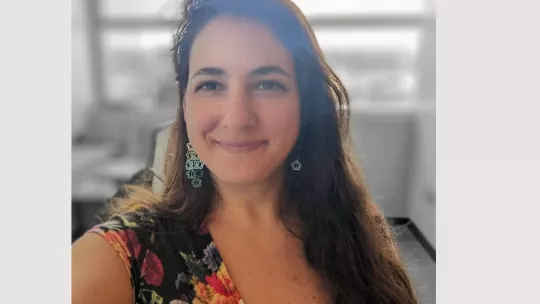Presentation
Organizer: IRB BioMed Seminars
Date / Time: Friday, June 27 at 12:00
Place: Fèlix Serratosa
Speaker: Dr. Ada Weinstock - Assistant Professor of Medicine -Committee on Immunology -Committee on Molecular Metabolism and Nutrition -The University of Chicago
Host: Stefanie Wculek, Ph.D. - Junior Group Leader, IRB Barcelona - Innate Immune Biology Lab - Aging and Metabolism Programme.
While weight loss is highly recommended for those with obesity, >60% will regain their lost weight. Thisweight cycling is associated with elevated risk of cardiovascular disease, relative to never having lostweight. How weight loss/regain directly influence atherosclerotic inflammation is unknown. Thus, we studiedshort-term caloric restriction (stCR) in obese hypercholesterolemic mice, without confounding effects fromchanges in diet composition. Weight loss was found to promote atherosclerosis resolution independent ofplasma cholesterol. From single-cell RNA-sequencing and subsequent mechanistic studies, this can bepartly attributed to a unique subset of macrophages accumulating with stCR in epididymal adipose tissue(eWAT) and atherosclerotic plaques. These macrophages, distinguished by high expression of Fcgr4, helpto clear necrotic cores in atherosclerotic plaques. Conversely, weight regain (WR) following stCRaccelerated atherosclerosis progression with disappearance of Fcgr4+ macrophages from eWAT andplaques. Furthermore, WR caused reprogramming of immune progenitors, sustaining hyper-inflammatoryresponsiveness. In summary, we have developed a model to investigate the inflammatory effects of weightcycling on atherosclerosis and the interplay between adipose tissue, bone marrow, and plaques. Thefindings suggest potential approaches to promote atherosclerotic plaque resolution in obesity and weightcycling through induction of Fcgr4+ macrophages and inhibition of immune progenitor reprogramming.
IMPORTANT: For attendees outside the PCB community you must register at least 24h before the seminar

